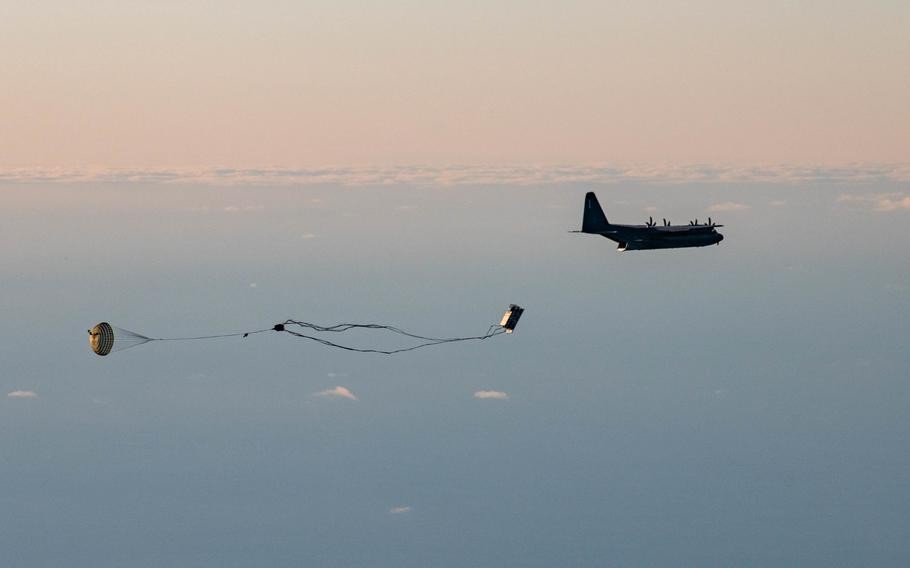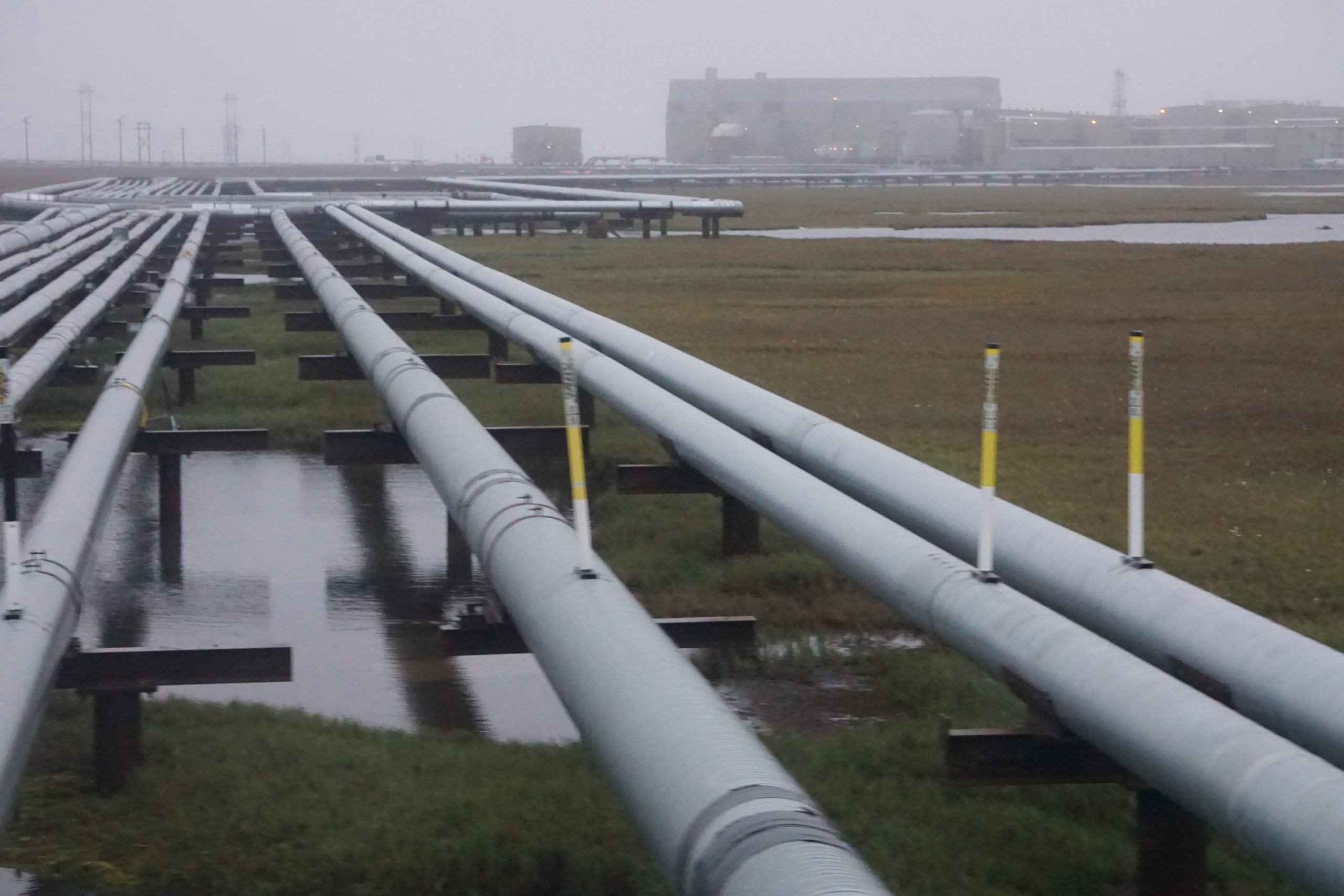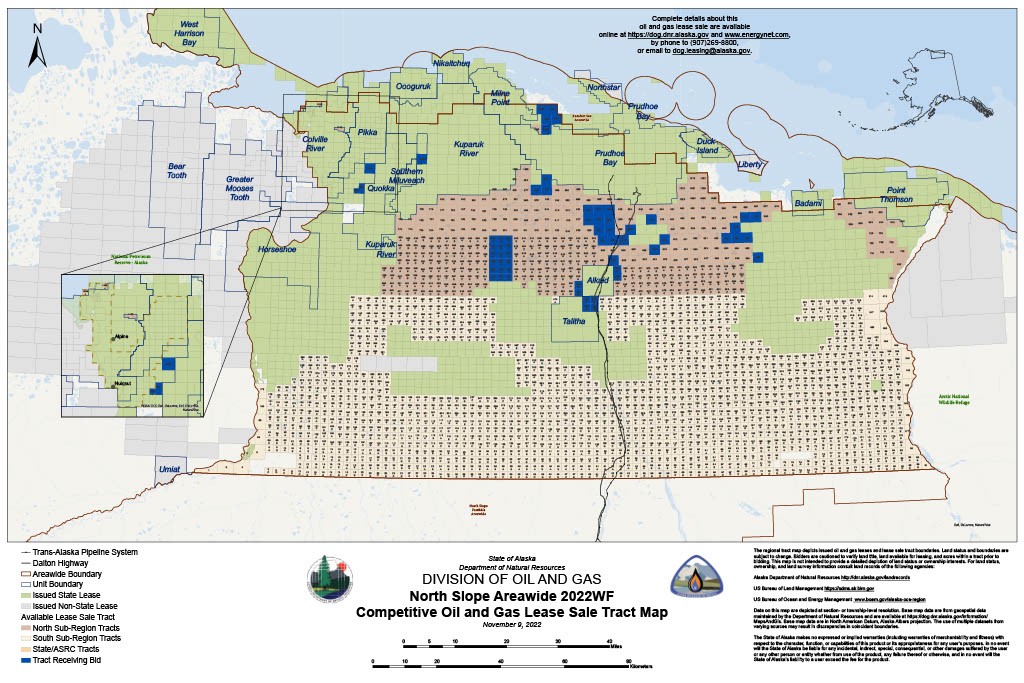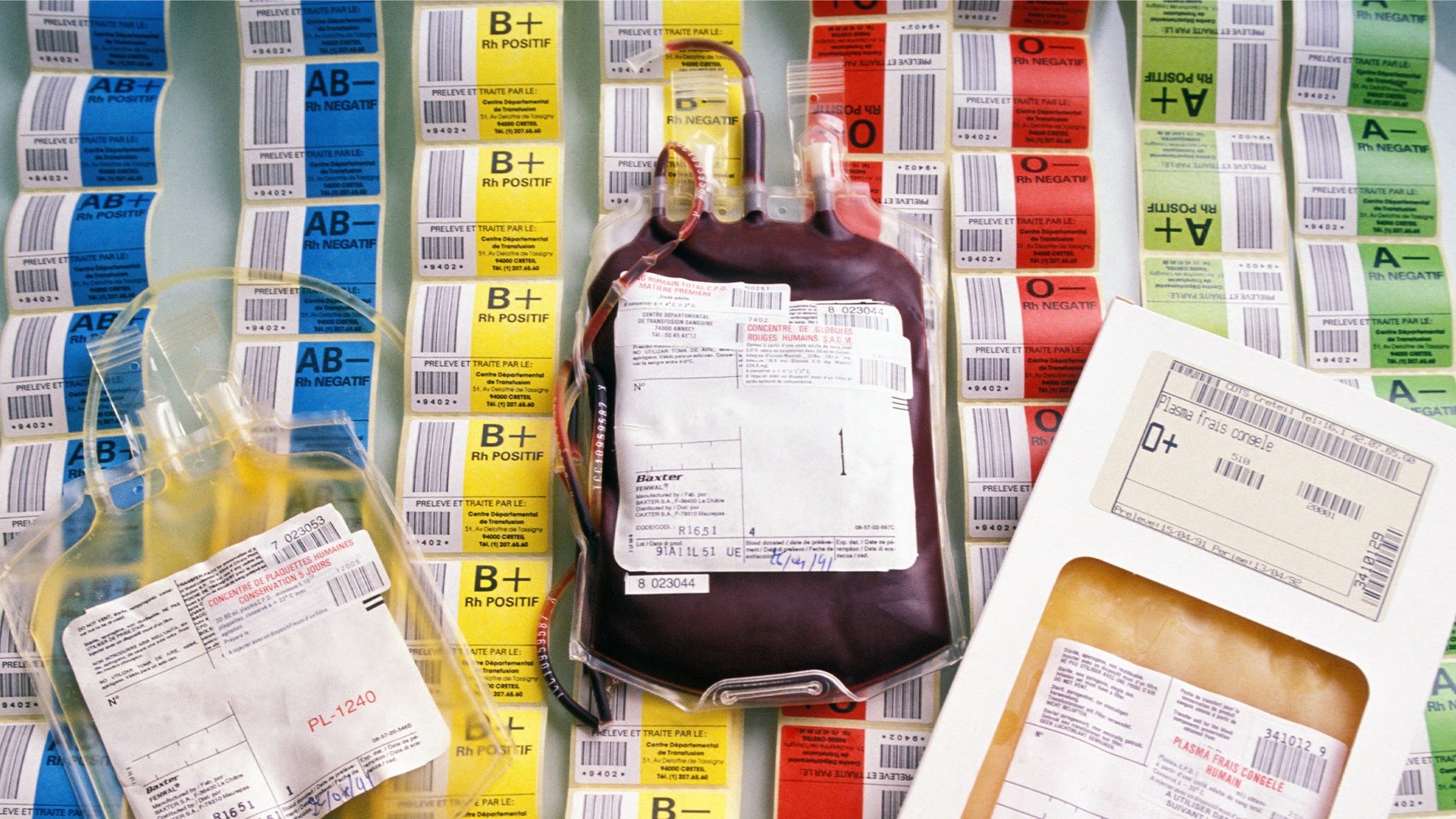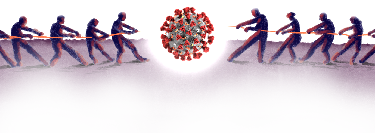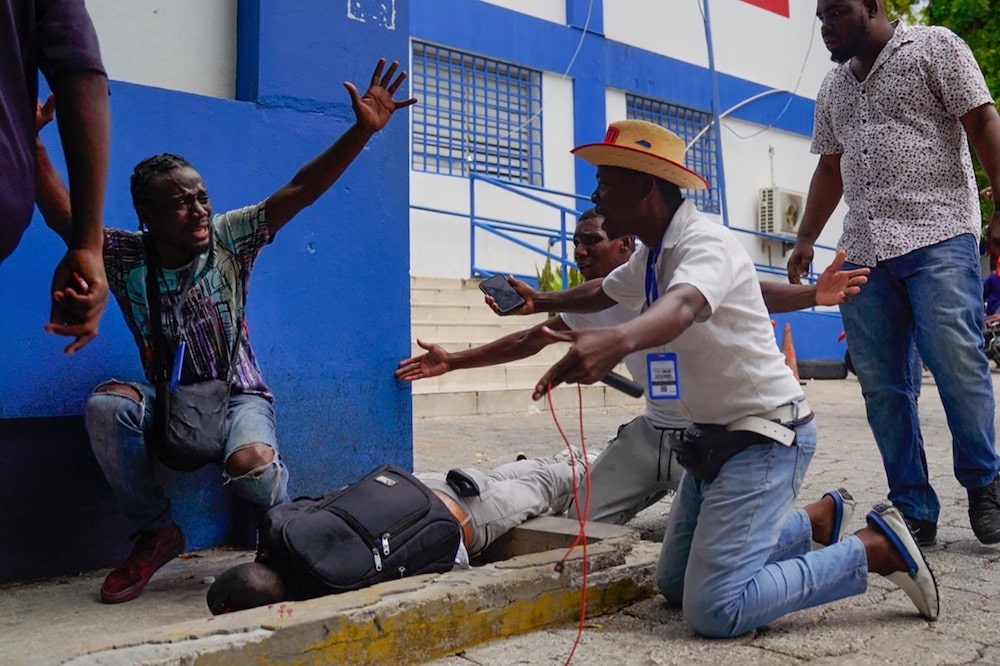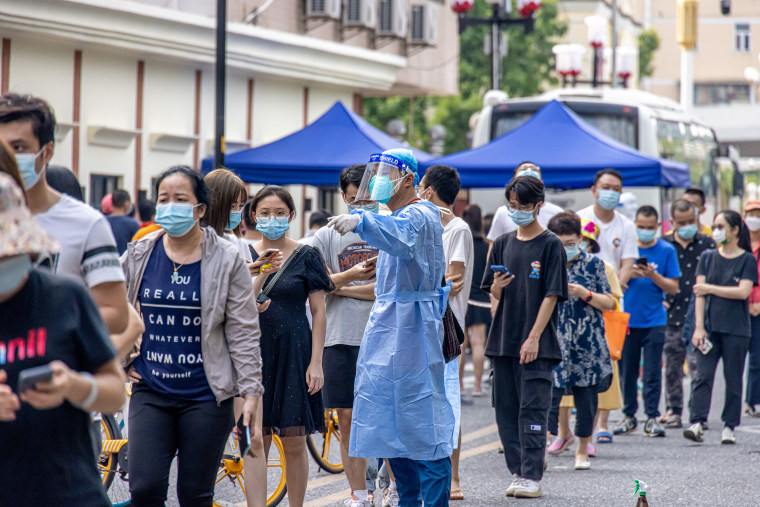November 14, 2022
Associated Press

TORONTO —
Canadian police charged a Hydro-Quebec employee Monday with espionage for allegedly sending trade secrets to China.
Yuesheng Wang, 35, will appear in court in Longueuil, Quebec, Tuesday to face charges of obtaining trade secrets, using a computer without authorization and with fraud and breach of trust by a public officer.
The Royal Canadian Mounted Police said its national security enforcement team began an investigation in August after receiving a complaint from Hydro-Quebec's corporate security branch.
RCMP Inspector David Beaudoin said it is alleged that while employed with Hydro-Quebec, Wang used his position to conduct research for a Chinese university and other Chinese research centers.
Beaudoin said Wang reportedly published scientific articles and submitted patents in "association this foreign actor rather than with Hydro Quebec."
"He obtained this information to benefit the People’s Republic of China to the detriment of Canada's economic interest," Beaudoin said.
Beaudoin said he used the information without the knowledge or prior approval of his employer. The alleged crimes took place between February 2018 and October 2022.
Wang, a resident of Candiac, Quebec, south of Montreal, allegedly had access to the relevant information as part of his job at the provincial utility, police said.
In a statement, Hydro-Quebec said Wang was a researcher who worked on battery materials with the Center of Excellence in Transportation Electrification and Energy Storage, known as CETEES. The utility said its security team launched its own investigation before quickly flagging authorities.
"Our detection and intervention mechanisms allowed our investigators to bring this matter to the attention of the RCMP, with whom we have worked closely ever since," said Dominic Roy, senior director responsible for corporate security.
"No organization is safe from a situation like this one, which is why we must always remain vigilant and transparent, and we must not tolerate violations of the company's code of ethics."
The former employee did not have access to information related to Hydro-Quebec's "core mission," and his accesses were revoked when suspicions arose, the company added. It said the center where he worked develops technology for electric vehicles and energy storage systems.
Hydro-Quebec is Quebec's public utility that manages the generation, transmission and distribution of electricity in the Canadian province, as well as the export of power to portions of the northeast U.S.
The RCMP said foreign interference has emerged as a priority for law enforcement, adding that it is working with at-risk sectors to improve Canada's response and resiliency.
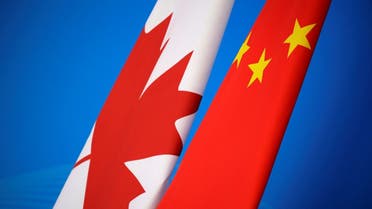
Flags of Canada and China
Reuters, Ottawa
Published: 15 November ,2022
An employee at Canada’s largest electricity producer Hydro-Quebec who was involved in researching battery materials has been charged with espionage for allegedly trying to steal trade secrets to benefit China, Canadian police said on Monday.
Chinese-Canadian relations have been choppy in recent years, with both sides accusing each other of industrial espionage. Earlier this month, Canada ordered three Chinese companies to divest their investments in Canadian critical minerals, citing national security.
Yuesheng Wang, 35, who worked at the state-owned firm as a researcher in battery materials, will appear on Tuesday in court in Longueuil, Quebec, police said in a statement.
He is to face four charges including obtaining trade secrets, unauthorized computer use, fraud for obtaining trade secrets, and breach of trust by public officer, it said.
“While employed by Hydro-Quebec, Mr. Wang allegedly obtained trade secrets to benefit the People’s Republic of China (PRC), to the detriment of Canada’s economic interests,” the Royal Canadian Mounted Police said.
Wang, who is from Candiac in the province of Quebec, allegedly committed the crimes at the electricity utility from February 2018 to October 2022. An RCMP special national security unit began investigating in August, police said.
Wang worked for a Hydro-Quebec research unit devoted to developing battery materials that has teamed up with industry players including the U.S. Army Research Laboratory.
He started working there in 2016 and was fired this month, the company said.
“Damage was limited by our internal detection mechanisms,” said Hydro-Quebec spokeswoman Caroline Des Rosiers, who declined to detail what information he had allegedly tried to steal.
A lawyer for Wang could not immediately be located for comment.
“Wang allegedly used this position to conduct research for a Chinese University and other Chinese research centers. He reportedly published scientific articles and submitted patents in association with this foreign actor, rather than with Hydro-Quebec,” an RCMP spokesman said.
Dominic Roy, senior director for corporate security at Hydro-Quebec, said no organisation was immune to such incidents.
“We must therefore constantly remain vigilant and transparent,” he said in a statement.
Police said Hydro-Quebec was cooperating fully in the investigation.
Trudeau and Xi
Canada is seeking to scale up its own production and processing of critical minerals so it can produce electric vehicle batteries and battery materials domestically. China is the world’s dominant supplier of EV battery materials.
“The fact that this alleged espionage was with respect to the battery ecosystem just reminds me how careful we’ll need to be,” Industry Minister Francois-Philippe Champagne told reporters.
Tensions between Canada and China have been running high since the detention of Huawei Technologies executive Meng Wanzhou in 2018 over charges of bank fraud for allegedly misleading HSBC about Huawei Technologies Co Ltd’s business dealings in Iran, causing the bank to break U.S. sanctions.
Beijing’s subsequent arrest of two Canadians on spying charges. All three were subsequently released.
Canada’s announcement of a new Indo-Pacific strategy to challenge China on human rights issues has also weighed on diplomatic ties. Meanwhile the countries are cooperating on climate change and other shared goals.
News of the arrest came as Canadian Prime Minister Justin Trudeau attended a G20 meeting on the Indonesian island of Bali. Chinese President Xi Jinping is also attending.
Spokespeople for Trudeau and Public Safety Minister Marco Mendicino had no immediate comment.
When asked about Wang’s arrest during a regular briefing on Tuesday, Chinese foreign ministry spokesperson Mao Ning said she was not aware of the situation, adding that “the Canadian side should deal with such cases in accordance with the law and not politicize them.”
Wang said to have published 'secret material' – academic papers and patents – in Chinese universities between 2018 and 2022
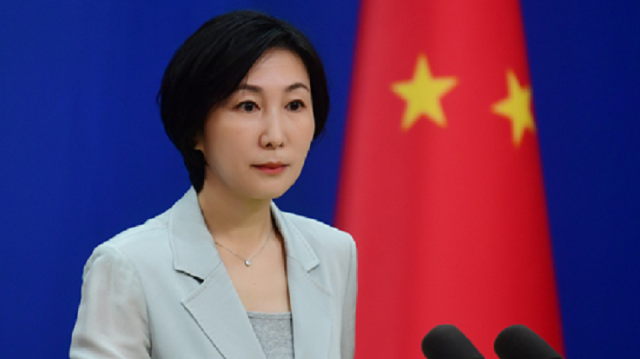
Chinese Foreign Ministry spokesperson Mao Ning
Beijing on Tuesday urged against politicizing the arrest of a Chinese employee in Canada on alleged spying charges.
Canada should "handle the case according to law rather than politicize it," Foreign Ministry spokesperson Mao Ning said in response to a question about the arrest of a Hydro-Quebec employee and researcher charged with spying for China on Monday.
Yuesheng Wang, 35, who worked in the area of batteries, was arrested at his home in Candiac, Quebec, following an investigation by the Royal Canadian Mounted Police (RCMP).
Wang is charged with four counts: obtaining trade secrets through fraud, unauthorized computer use, breach of trust by a public officer, and obtaining trade secrets. The latter is a charge under the Security of Information Act that concerns national security.
The RCMP said this is the first time a charge of obtaining trade secrets has been brought under the act.
"This investigation is very significant and sends a clear message," said Inspector David Beaudoin, who leads the RCMP's Integrated National Security Enforcement team, which conducted the investigation. "We do believe the investigation shows that the actions undertaken by Mr. Wang are criminal in nature," he asserted.
The alleged crimes were committed between Feb. 2018 and Oct. 2022.
Wang is said to have published “secret material” – academic papers and patents – in Chinese universities.
He was fired from Hydro-Quebec, where he worked as a researcher in the Center of Excellence in Transportation Electrification and Energy Storage, where he worked on battery research.
Wang is said to have been a postdoctoral researcher at the University of Arkansas and a visiting researcher at Queen Mary University in London before joining Hydro-Quebec in October 2016.

